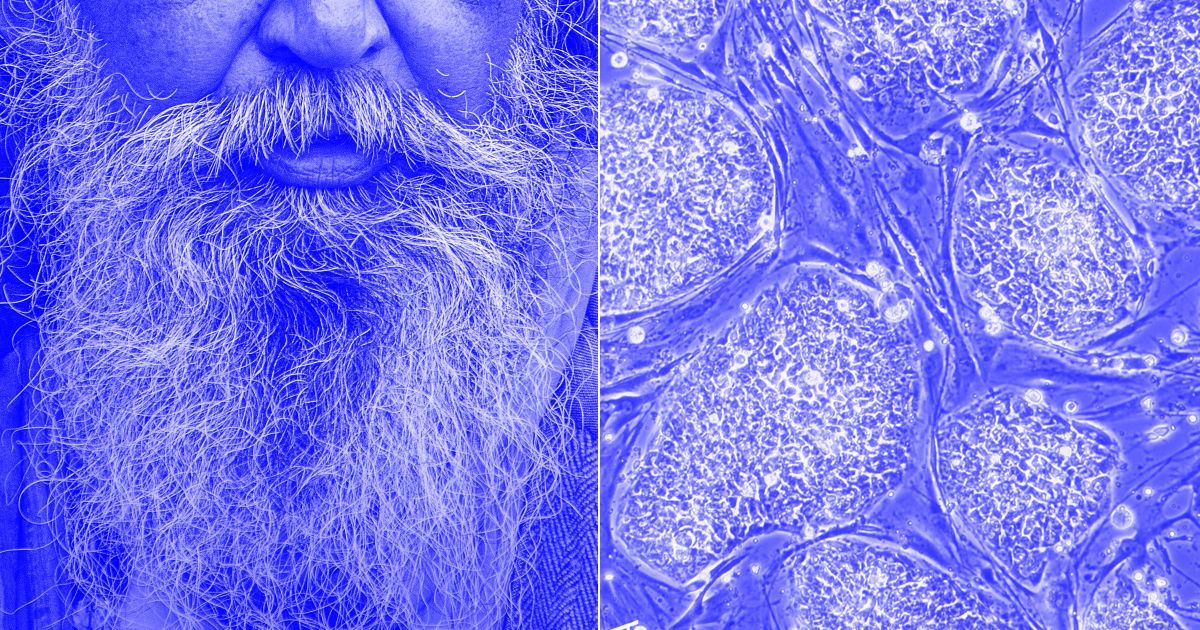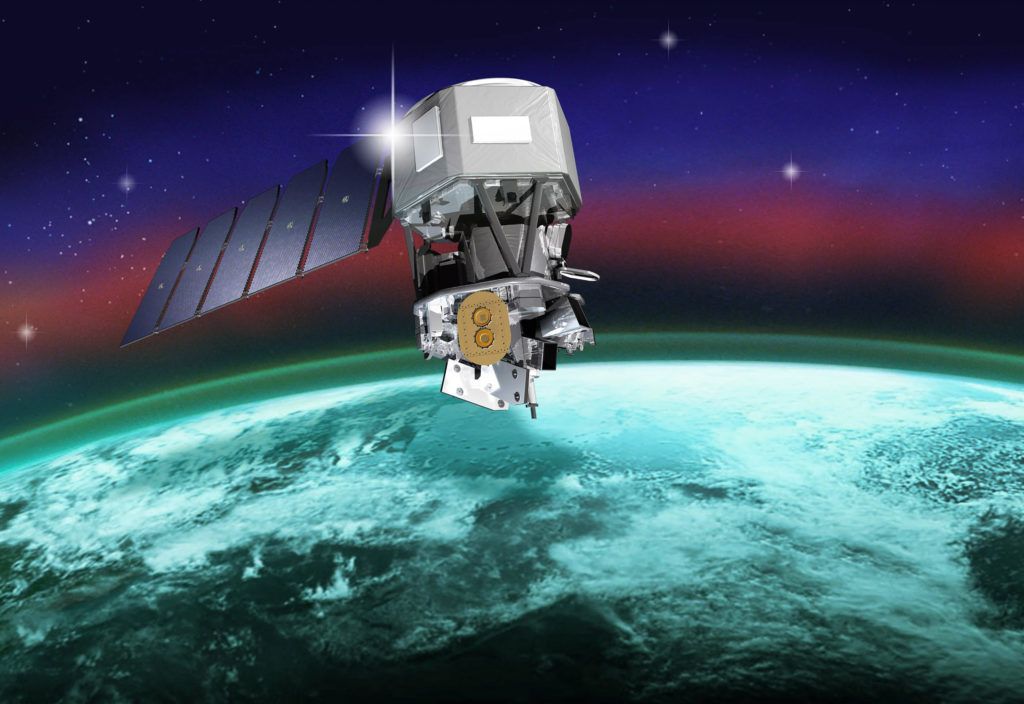European organisation for astronomical research in the southern hemisphere.



And you thought needles were scary: Researchers are using scorpion venom to transport drugs to the brain.
The Peptides and Proteins lab at the Institute for Research in Biomedicine (IRB Barcelona) modified the amino acid chain chlorotoxin—present in scorpion venom—to carry medicine across humans’ blood-brain barrier (BBB).
An important mechanism for protecting the brain from harmful substances, the roadblock also prevents medication used to treat neurological diseases and tumors from entering the organ.



Why You Want It: Apple gear is pretty much uniformly high quality. The AirPods are no exception, providing users with reliable Bluetooth connection, great sound, an ingenious charging case, plus those amazing looks. The problem is the cost. You spring for these Air Buds because they provide all of the features you get with the brand name, for a fraction of the price—especially on this current discount.
The Deal: A great deal at the $99 MSRP, you can currently buy these for just $36.99 after a 62% discount at the Inverse Shop.
Inverse may receive a portion of sales from the post above, which was created independently from Inverse’s editorial and advertising team.



Carbon fiber composites—lightweight and strong—are great structural materials for automobiles, aircraft and other transportation vehicles. They consist of a polymer matrix, such as epoxy, into which reinforcing carbon fibers have been embedded. Because of differences in the mechanical properties of these two materials, the fibers can detach from the matrix under excessive stresses or fatigue. That means damage in carbon fiber composite structures can remain hidden below the surface, undetectable by visual inspection, potentially leading to catastrophic failure.

NASA and Northrop Grumman have made the decision to fly the L-1011 Stargazer and Pegasus XL rocket carrying NASA’s Ionospheric Connection Explorer, or ICON, spacecraft back to its integration facility at Vandenberg Air Force Base in California. The ferry flight will take place early next week. Returning to the environmentally-controlled integration facility allows the team to further investigate off-nominal data observed during the Nov. 7 launch attempt.
Once the investigation is complete, a new launch date will be determined. ICON will launch out of Cape Canaveral Air Force Station in Florida. The ICON spacecraft, which uses Northrop Grumman’s LEOStar-2 platform, is monitored at all times and remains healthy.
